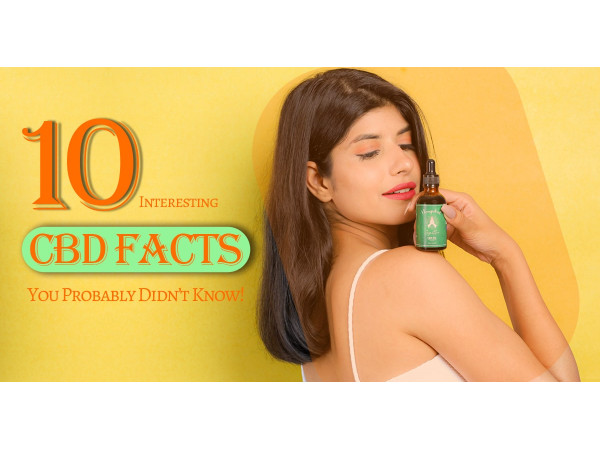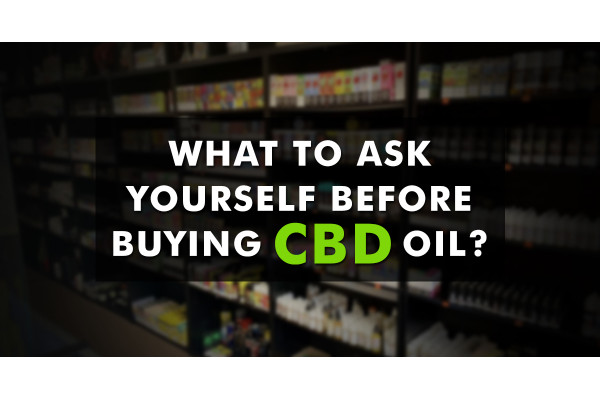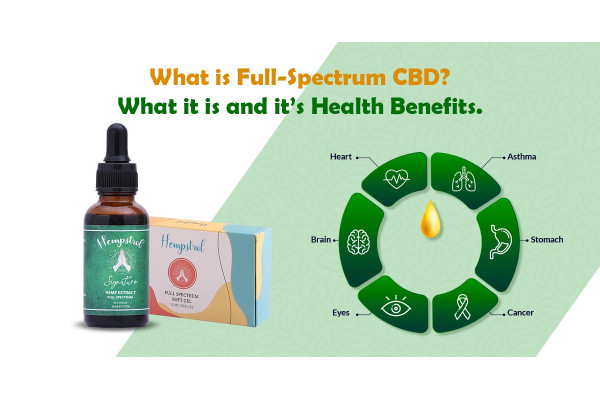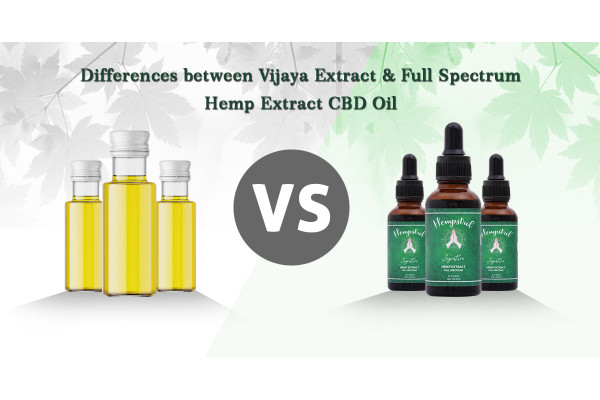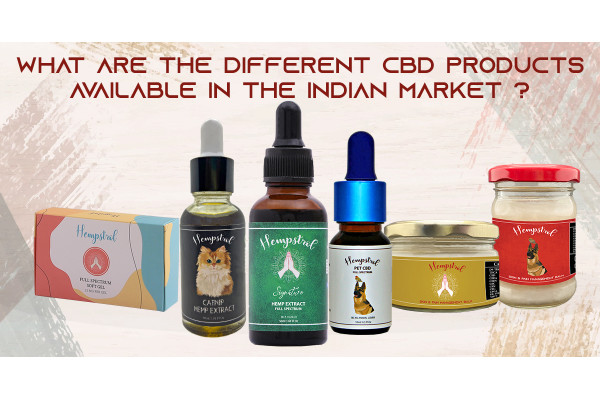10 Interesting CBD Facts You Probably Didn’t Know
One of the most well-studied natural substances, both historically and scientifically, is cannabinoids. Even though people have been using cannabis as a part of daily life for over 10,000 years, prohibition and false information in the media have paradoxically set us back.
More fascinating information will surface over the next few years as we learn the health advantages of CBD and other cannabis components.
Today, CBD oil products can be found in dispensaries, pharmacies, and online retailers. Thanks to the word of mouth marketing, you can consume CBD in different forms now from CBD oil to CBD balm to CBD softgels. Even if you're not a cannabis enthusiast, chances are you've heard of CBD or seen the aforementioned items somewhere on the shelf. Despite the extensive word-of-mouth marketing across the world and numerous blogs written about it, there is still a great deal we don't understand about CBD. We have compiled 10 interesting facts about CBD that we believe everyone should know. With that being said, the list isn't exhaustive but will build the pathway for you to have basic yet essential information about CBD.
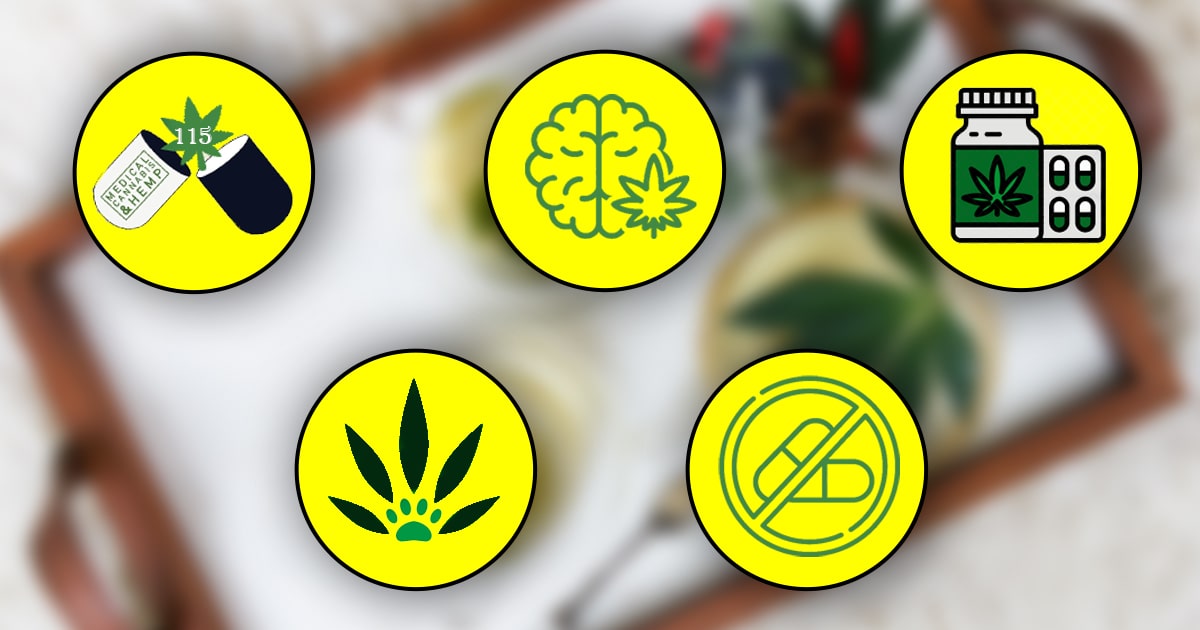
1. CBD is one of 115 cannabinoids found in the cannabis plant
There are more potent cannabinoids besides CBD. In actuality, 115 distinct cannabinoids have been found in cannabis plants, and the list is continuously expanding. Outside of THC and CBD, hundreds of other cannabinoids also occur in tiny amounts, with CBD being the second most prevalent one. These cannabinoids, like CBD, can interact with the endocannabinoid system and offer a variety of health advantages on top of enhancing the effects of CBD and THC.
2. CBD won't get you high but it is psychoactive
CBD actually is psychoactive so why does it almost always get referred to as non-psychoactive? Yes, CBD isn't "intoxicating" in the sense that you understand it as "psychoactive." This is what the majority of people mean when they talk about the effects of CBD extracted from hemp. Cannabidiol does not produce the euphoric high associated with marijuana use because it does not directly interact with the CB1 receptors in the brain.
But when you use the traditional definition of "psychoactive," it seems like CBD meets all the requirements perfectly. CBD falls under the category of "psychoactive," which refers to substances that have an impact on cognition and behaviour. The endocannabinoid system (ECS) is influenced by and controlled by CBD. The ECS is in charge of making sure the body is maintaining equilibrium between various biological processes (homeostasis). Memory, mood, pain perception, hunger, body temperature, etc. Simply said, CBD modifies the way neurotransmitters work in the brain, which means it has an impact on your thoughts and actions. To summarise: CBD is psychotropic but not intoxicated and won't lead to a condition of altered consciousness. You won't get high with CBD, but you could feel nice afterwards. The reason why CBD doesn't make you feel high is because of its ability to attach to CB2 receptors, which are responsible for its ability to alleviate pain without producing a high.
You might want to talk to your doctor first if you're thinking about incorporating CBD oil into your regimen, especially if you take any medications. The system of enzymes (CYP450) that metabolizes the active ingredients in pharmaceutical medications is known to be inhibited by CBD. If your medicine has a grapefruit warning on it, you generally shouldn't take CBD at the same time. This could lead to subtherapeutic effects or too high drug concentrations in your bloodstream. Generally, it is a wise thing to consult with your doctor once you add CBD into your routine especially if you are taking medication for any of your mental or physical illnesses/ailments.
4. CBD Can Be Given to Pets
Given that cannabis and animals don't seem to go well together in a sentence, this fact may come as a surprise to some pet owners. Though CBD is non-intoxicating, bear in mind that hemp-derived cannabidiol oil India only contains 0.3% THC or less, which is insufficient to make your dog intoxicated or impaired. Substantial research shows that animals' endocannabinoid systems function similarly to those of people.
Early studies concerning CBD have shown encouraging results for treating a variety of conditions in pets, including anxiety, pain, and inflammation. while more research is required to determine the effectiveness and safety of CBD for animals.
5. CBD is safe and non-addictive
Although a few people have mentioned mild CBD side effects like low blood pressure, lethargy, or diarrhea, most CBD product users don't experience these very frequently. CBD has been deemed safe for human consumption by World Health Organization (WHO)
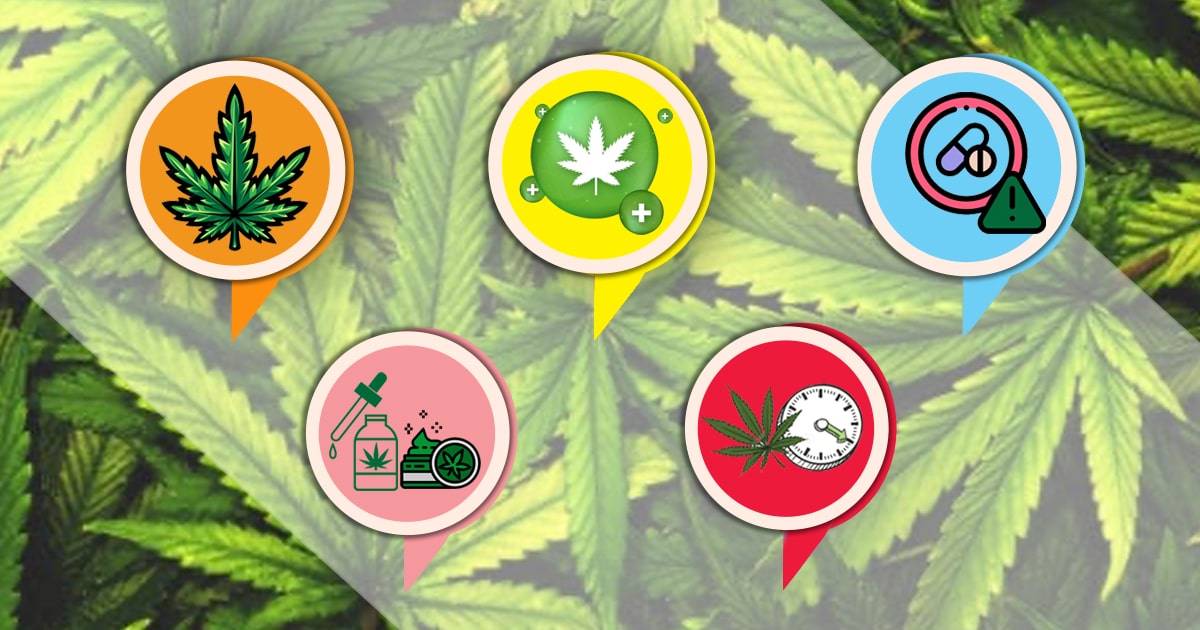
6. CBD Can Be Extracted from Marijuana and Hemp.
One prevalent misunderstanding about CBD is that it can only be obtained from one type of cannabis. The truth is that CBD may be produced from both hemp and marijuana. The THC content of marijuana is higher than the CBD content by nature. But in India, it is legal to consume cannabidiol oil India if it is hemp-derived and has less than or within 0.3% THC in it.
7. You Can Benefit from CBD Even If You’re Healthy
Although CBD has gained popularity for its capacity to aid in a variety of health issues, it doesn't imply you won't experience any of those advantages if you're in perfect health. In actuality, CBD is one of the powerful supplements that you can take daily to support your wellness. CBD oil made from hemp can be a good supplement to an active lifestyle and a nutritious diet.
One of the most intriguing things to know about CBD oil is that it also contains a wide range of other beneficial substances. Additionally, oil is an excellent source of vitamins, trace minerals, and vital fatty acids.
It helps to support the endocannabinoid system which happens to be the most important regulatory network in humans. The endocannabinoid system's interaction with CBD may help in keeping it in balance and prevent deficiencies in endocannabinoids.
8. You can't overdose on CBD
Because there is no proof that CBD may be overdosed on, using it carries no danger of overdosing or having potentially fatal side effects.
Although CBD cannot be taken in excess, taking a large quantity at once may result in mild, unpleasant side effects such as dry mouth, stomach discomfort, or sleepiness. It's usually recommended to start with a low dose of CBD and gradually increase it as necessary if you're unclear about how much to take.
9. CBD can be ingested or used topically.
CBD may be consumed in a variety of ways, such as topical creams, edible capsules or meals, sublingual drops, oral sprays, and edible snacks. When applied topically, CBD enters the bloodstream by getting absorbed via the skin, where it may interact with cannabinoid receptors throughout the body.
When consumed internally, CBD is either processed by the liver and then absorbed into the bloodstream via glands in the mouth and beneath the tongue.
10. CBD effects can last for hours
How CBD is ingested, a person's weight, and how quickly their metabolism works all affect how long CBD stays in the body. However, generally speaking, the effects of CBD last for several hours after consumption.
Conclusion
















